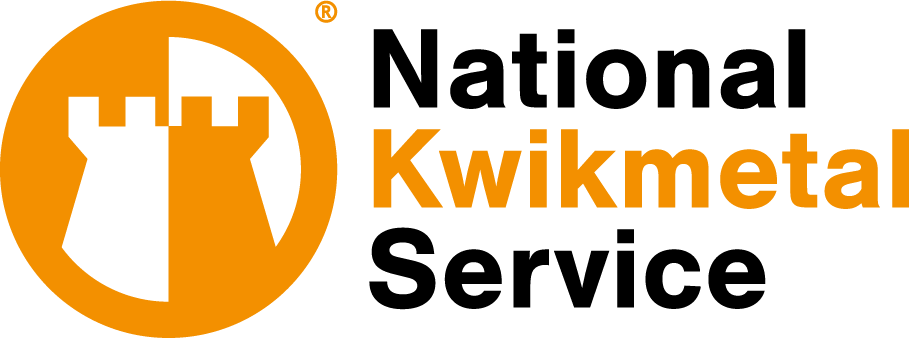
Titanium is an extremely versatile metal that has a multitude of uses in the manufacturing and aerospace industries. Its high strength-to-weight ratio makes it ideal for use in components where weight is a critical factor, such as aircraft frames and engines.
Are you interested in learning about how titanium is used today in the aerospace manufacturing industry? If so, you’ve come to the right place. This aerospace titanium supplier in Fort Worth, Texas is going to discuss some of the key things you should know below.
Titanium is a naturally occurring metal with a silvery-white color, and it’s one of the strongest materials in the world. It has a high strength-to-weight ratio, meaning it offers more support than other metals while being lighter in weight.
This makes it incredibly useful for aerospace applications where durability and weight are critical factors.
Aircrafts, spacecraft, and other aerospace objects must be able to withstand extreme conditions — such as high temperatures, pressures, and stress. As a result, they need strong metals that can sustain these conditions. This is where an aerospace titanium supplier in Fort Worth, Texas enters the picture.
Titanium is one of the best materials for this purpose due to its lightweight nature, but also its strength and resistance to corrosion. In addition, titanium’s high melting point makes it ideal for use in engines and other heat-sensitive components. Its ability to resist heat deformation at extreme temperatures makes it incredibly useful in applications like turbines and rocket engines, where temperature control is essential.
Titanium is the ideal material for fastening elements in aerospace applications due to its strength and light weight. It can be used as bolts, screws, pins, and nuts that are used to hold parts together on aircraft structures.
Compared to other metals, titanium components do a much better job at withstanding high temperatures without deforming or corroding. This makes it ideal for use in jet engines, where heat is a major factor.
In addition to its strength and thermal properties, titanium can also be machined into specific shapes with relative ease. This makes it ideal for intricate components of an aircraft, such as turbine blades and airfoils.
One of the great things about using titanium in these types of applications is that it can be produced quickly and accurately by an experienced aerospace titanium supplier in Fort Worth, Texas.
Titanium is also commonly used in airframe components — such as fuselage frames, landing gear and control surfaces. The strength of titanium means that it can be used to make these components much lighter than standard metals while still maintaining their strength and rigidity.
This makes them ideal for aircrafts, where weight savings are crucial. Additionally, titanium is highly resistant to corrosion, which makes it an excellent choice for airframes that need to operate in salt water or other corrosive environments.
Titanium is also commonly used in the production of aircraft engines. Its strength and lightweight properties make it an ideal material for engine components such as crankshafts, cylinder heads, and valve guides. This helps reduce the overall weight of the engine while still maintaining its reliability and performance.
Are you an aerospace manufacturer who is looking to purchase high quality titanium for your projects? If so, and if you’re looking for the best aerospace titanium supplier in Fort Worth, Texas, look no further than National Kwikmetal Service.
Our team at NKS has extensive experience and knowledge in the industry, and we know how to provide top-notch materials that are reliable and efficient. Contact us today at 1-800-722-5029 to discuss your project.
Toll Free: 800-722-5029
Phone: 847-257-6570
Phone: 442-980-0611
Phone: 615-793-4700
Toll Free: 800-722-5029
Phone: 442-980-0611